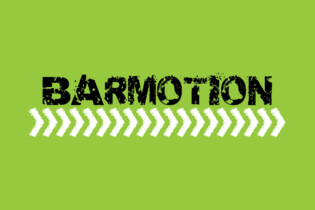How do you make sure that you select the right clients to work with?
Yes, we all want the gig, but you need to be as selective of your clients as they are when selecting an event planner.
A few key things to make sure you ask your prospective client:
What is the date and location for the event?
Probably the most basic question to make sure you ask. It can be a bad sign if you sense a lot of indecision or conflict with this topic, or the team itself.
Now, of course, some clients will need your help with choosing a venue, but they really should have at least a few places in mind that they like – this will give you an idea of what they like, and don’t like. You don’t want to spend tons of time picking venues, only to be told they don’t like them for whatever reason.
How many attendees are expected?
The difference in cost between 200 and 500 attendees is vast, and therefore if a potential client has no idea on how many people they are expecting – that may also mean that they have not done any costing research, if this is the case – make sure to take the next point in to consideration.
What is the budget per head?
I prefer to lead with a “per person” budget inquiry because it provides a better sense of how much thought the client has put into the event.
If they start with an overall total amount, divide it by the number of expected attendees and that will give you your “per head” cost. Is it reasonable? Is it doable?
What are 3 must-have elements for your event?
After you know more about the budget, it is then time to figure out if it is large enough to meet your client’s expectations. Must-haves can present a major roadblock in certain situations.
Pretend that your client wants a particular celebrity to perform at their event, yet they have no idea how much of the cost or whether that person is even available. These are the types of issues you need to address in the beginning, and you can’t always rely on the client to mention them.
What are 3 things you don’t want at your event?
Although very similar to the previous question, adding the negative connotation can add significant insight for the planner. Say for example that the client is adamantly against serving chicken at the buffet. Chicken is a staple on most venue menu’s, and if chicken is a no no, then you will need to consider either beef or fish, both of which are generally more expensive. Understanding how a “no-no list” affects the big picture is a critical skill in assessing client compatibility.
These five simple event planning questions and things to ask will tell you a lot about your client before you agree to work together.
And even though new prospects are essential to your event business, the wrong type of customer can consume all of your resources and cost you money in the long run, if you are not aware of the potential issues up front.
For similar articles – subscribe to The Hub





